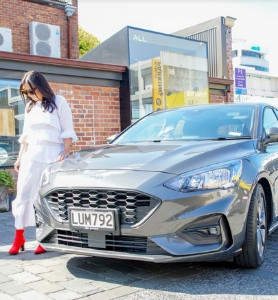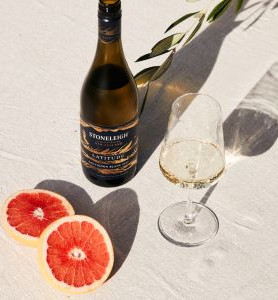Discover a refined roast with Hummingbird Coffee
Remix sat down over an East African coffee with roasting connoisseur & director of Hummingbird Coffee Nick Cowper, to talk about the business of beans.
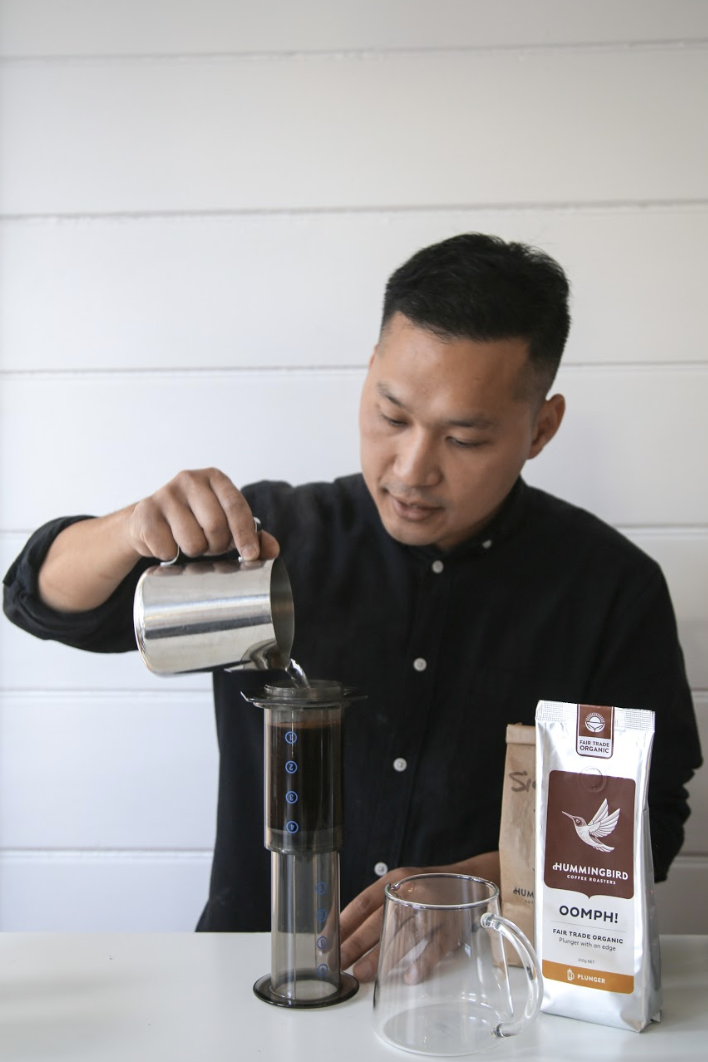
Hummingbird Coffee is certainly humming along, how was the coffee brand started?
As an expert, you must be hard to please with an average run of the mill coffee. What’s your usual cafe order?
Well, when I was in the States a couple of years ago I actually travelled around with a couple kilos of my coffee in my suitcase... my morning ritual is all about my coffee. But if I haven’t had time to make my own, I’ll drink espresso and long blacks at cafes, I do like AeroPress. But I love those early morning rituals; you get a couple of hours to just enjoy an amazing coffee in peace and quiet.
Why is your product different to other blends out there?
Well, we import 15 single-origins and create 12 blends.We batch-roast single origins before blending. So you’re getting fruits and chocolates out of an Ethiopian Harrar; citrus and body out of a Guji; and the Papua New Guinean has a milk chocolate undertone. We know we’re selling good coffee because there’s a big Ethiopian community in Christchurch and they’ll come to us, and coffee’s birth place was Ethiopia. They’ll buy green majority of the time, as that’s part of their culture. Coffee is often seen as an art, but there’s a science behind it. The more you get involved, the more you learn. I’ve been doing coffee for half my life and still feel like I’m just scratching the surface.
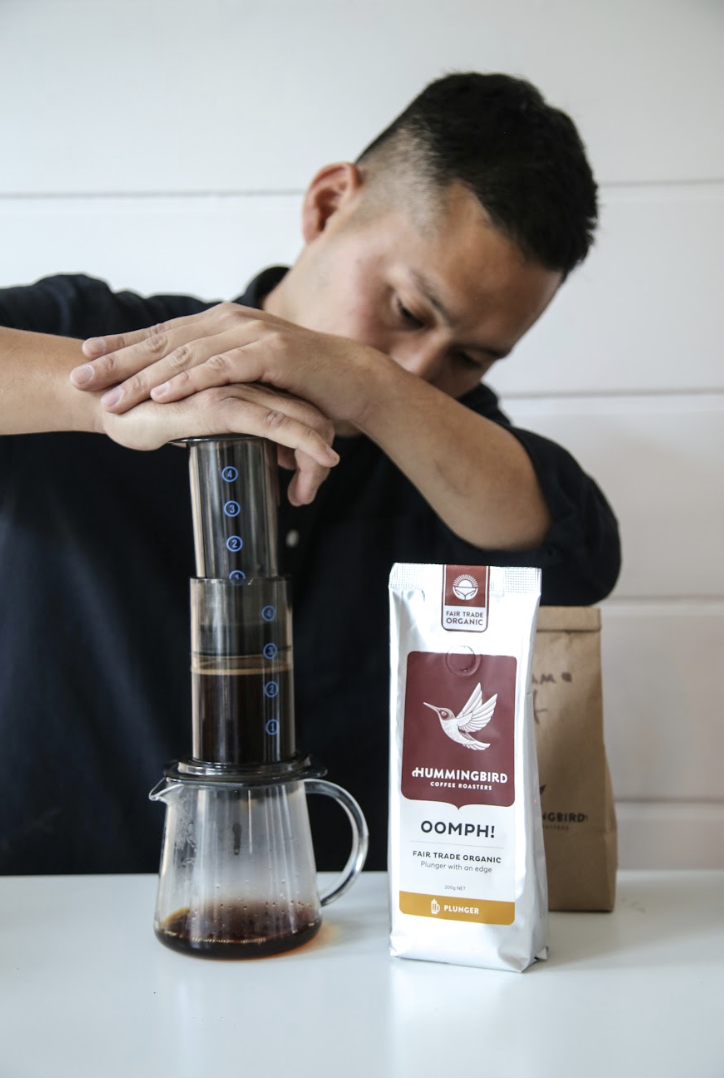
An Nguyen, NZ Aeropress Aeropress champion
You roast with green beans, the traditional way. What is the ‘traditional’ way?
Well we import from 15 different origins to produce over 12 different blends and we use sack roasting; each sack we roast individually by hand. That means that roasters will listen for that ‘cooked popcorn crack’, which they call ‘the first crack’ and ‘the second crack’. We try to develop enough sugars in the coffee but also let the natural character shine through making it more traditional.
What’s your favourite Hummingbird blend?
I think my palette changes throughout the year. I’ll go for ‘Oomph,’ I’ll go for ‘Crave’; but I really do like ‘Re:Start’.
How did you became the first company in New Zealand to directly import fair trade organic coffees?
Trade Aid actually approached us in the early 2000s, needing a roaster to partner with. We have a cooperative purchasing model so instead of buying a full container of coffee that may sit for a year, we buy half a container because that’s all we need. They’ll buy the other half, and sell it to other roasters. We commit to our container of coffee. Quite often there is only a finite supply of the coffee we’re buying. We started Fair Trade, and became 100% Certified Organic. It’s still all hand-roasted, small-batch roasted, and delivered direct. We’ve still managed to maintain that hand-crafted artisan approach.
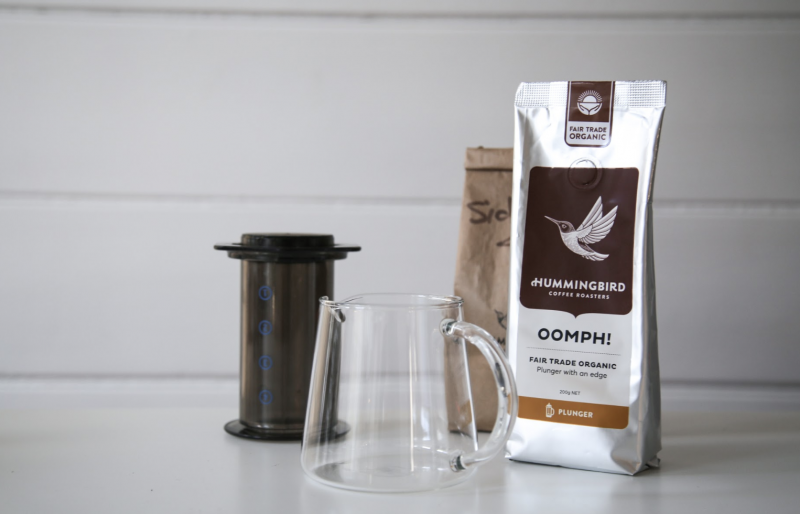
How did the Hummingbird Charitable Trust come about?
After the earthquakes we got involved in the initial reopening of the Christchurch city centre. The original plan for the café [in the Re:Start mall] was quite basic. We decided to redesign the containers, put a commercial kitchen in, and in conjunction with this café we created Re:Start coffee blend. We donated 30c of every [200 gram] unit to help rebuild the Court Theatre. We donated over $120,000, and thought how we could broaden nationally. We can’t save the world but we can help where we can.
Why do you choose to contribute to the community?
Every business should have some degree of understanding their social responsibility. It’s about how we can support other initiatives and be a part of the fabric of our society. We can’t just take, you’ve got to give as well.
What does it take to have a successful coffee business?
Understanding who you are as a brand, what your brand is about, and being confident in that. Understand what’s happening in the market, but have your own identity. Be purposeful as a brand. It’s important to keep trying to improve. Anyone can buy a single-origin and roast it; the real skill is getting a product consistently for eighteen years, and continuing to evolve with it.
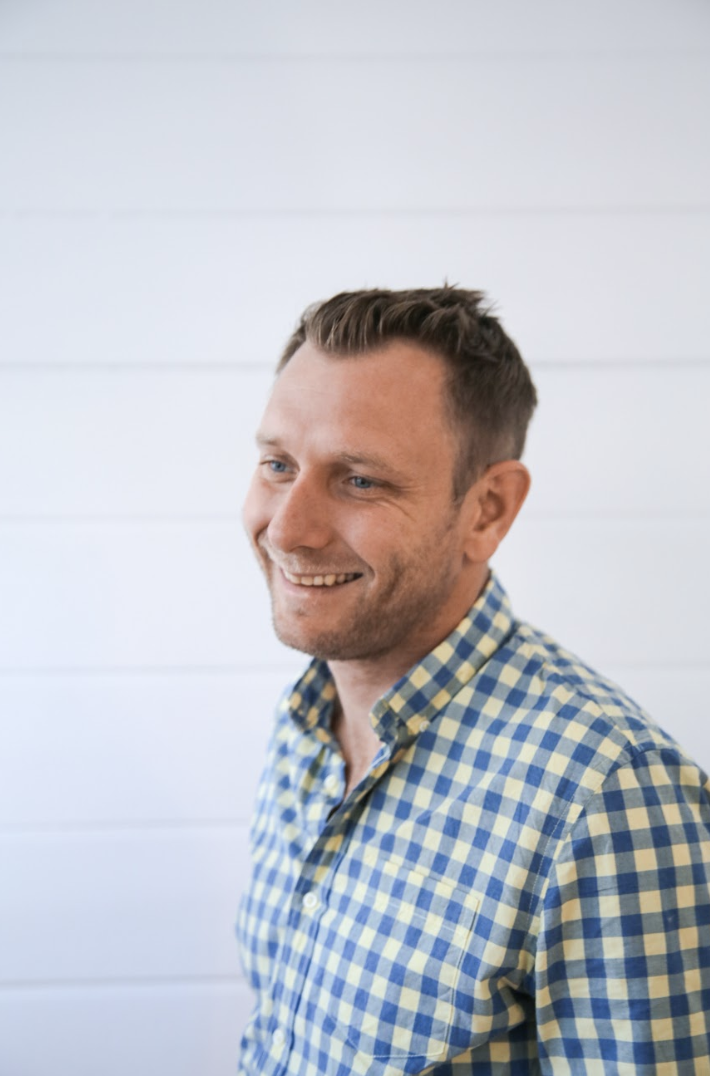
Director of Hummingbird Coffee Nick Cowper




